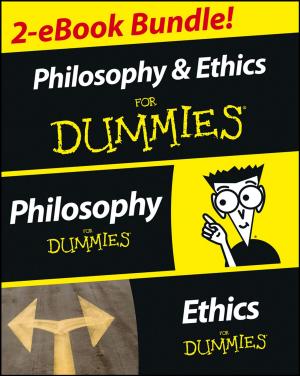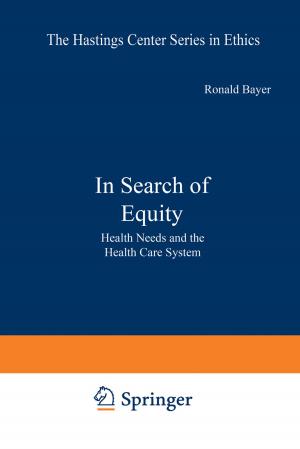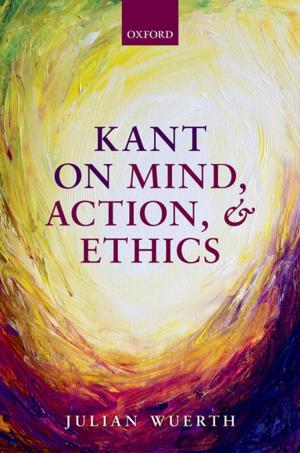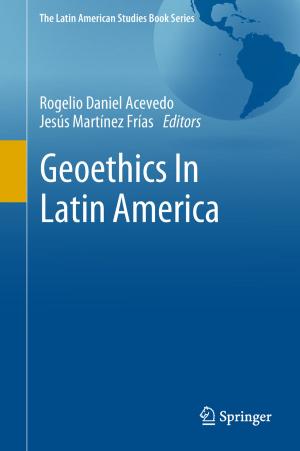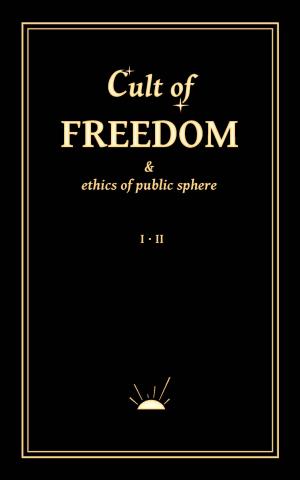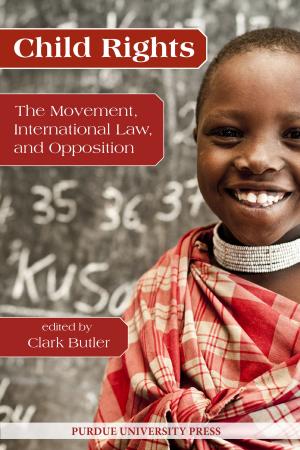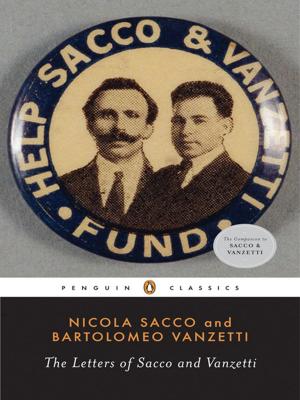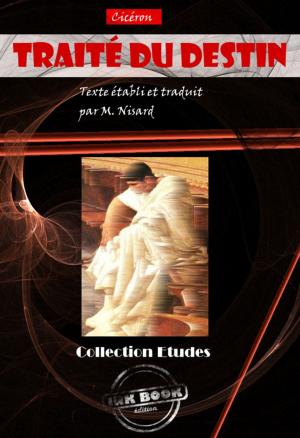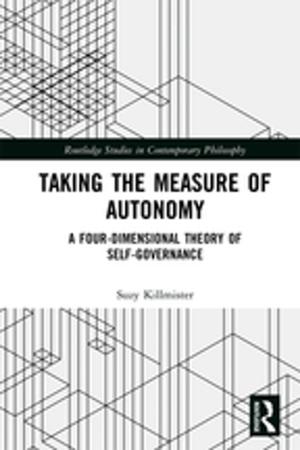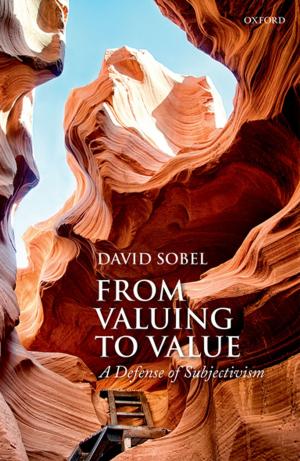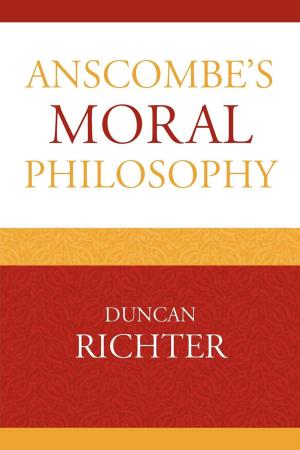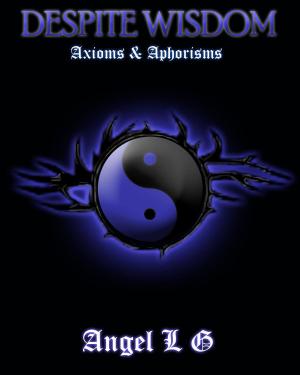Fate and Freedom
Essays: Volume 1
Nonfiction, Religion & Spirituality, Philosophy, Existentialism, Metaphysics, Ethics & Moral Philosophy| Author: | Andrew Mason | ISBN: | 1230000017108 |
| Publisher: | AJM Publishing | Publication: | September 1, 2012 |
| Imprint: | Language: | English |
| Author: | Andrew Mason |
| ISBN: | 1230000017108 |
| Publisher: | AJM Publishing |
| Publication: | September 1, 2012 |
| Imprint: | |
| Language: | English |
What does fate mean, and how does it work? When we feel we are in the grip of a fate, how can we best disarm that grip and free ourselves from it? And what is freedom? How might we understand better what freedom really entails so as not to lose it quite so easily?
In a series of exploratory essays, Fate and Freedom challenges a number of prevailing notions about fate, starting with the idea of a completely pre-determined course of events. Fate reveals itself to be far more flexible and adaptive to our decisions, but still something other than those decisions. It has a remarkable penchant for switching faces and accommodating reversal, so that, for example, doing the opposite of what seems fated can be the very way that fate is realised. But it has to wait for us to act, and before that to see and count our choices correctly, for there is always one more choice than fate would have us believe: none of the above. Here lies freedom's chance, for it can foster a frame of mind that relates more freely to each choice. To an extent a lack of freedom in the way one chooses corresponds to a habit of conceiving fate too one-sidedly, be it as just or cruel, capricious or unbending, blind or cunning, etc. Fate is both, and the question of freedom is really whether we feed its swinging back and forth with our actions and interpretations or still it by holding its two faces to each other.
What does fate mean, and how does it work? When we feel we are in the grip of a fate, how can we best disarm that grip and free ourselves from it? And what is freedom? How might we understand better what freedom really entails so as not to lose it quite so easily?
In a series of exploratory essays, Fate and Freedom challenges a number of prevailing notions about fate, starting with the idea of a completely pre-determined course of events. Fate reveals itself to be far more flexible and adaptive to our decisions, but still something other than those decisions. It has a remarkable penchant for switching faces and accommodating reversal, so that, for example, doing the opposite of what seems fated can be the very way that fate is realised. But it has to wait for us to act, and before that to see and count our choices correctly, for there is always one more choice than fate would have us believe: none of the above. Here lies freedom's chance, for it can foster a frame of mind that relates more freely to each choice. To an extent a lack of freedom in the way one chooses corresponds to a habit of conceiving fate too one-sidedly, be it as just or cruel, capricious or unbending, blind or cunning, etc. Fate is both, and the question of freedom is really whether we feed its swinging back and forth with our actions and interpretations or still it by holding its two faces to each other.

